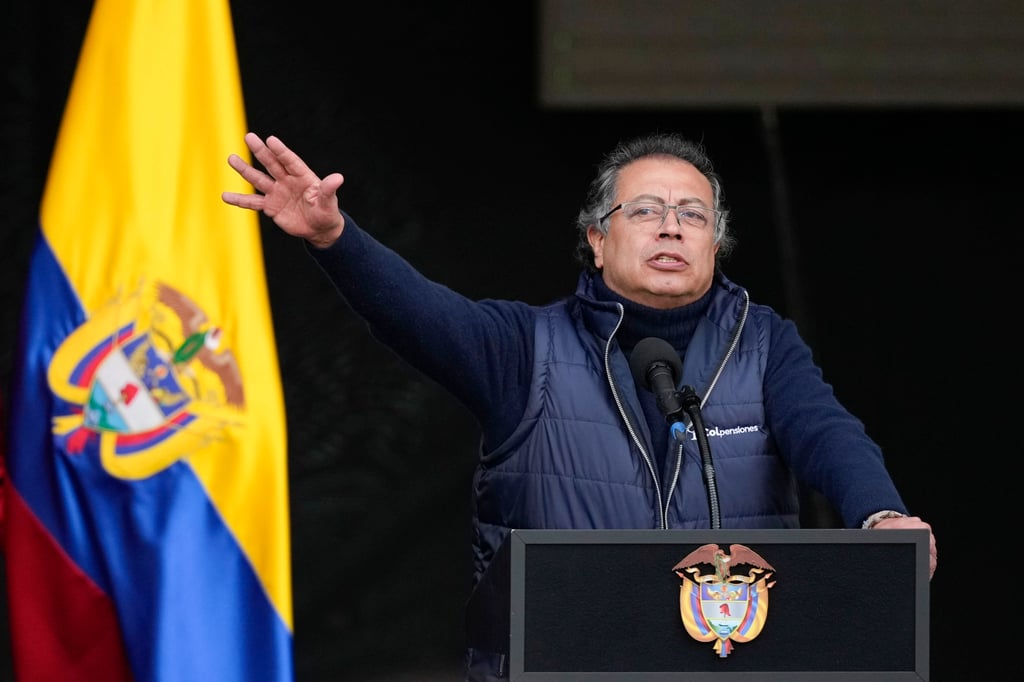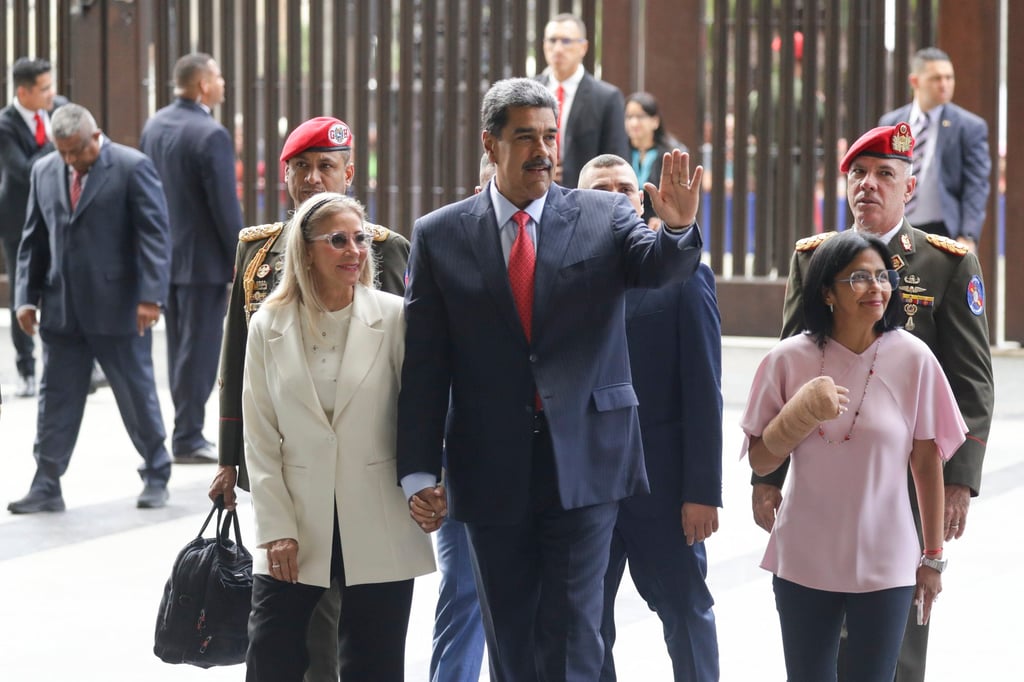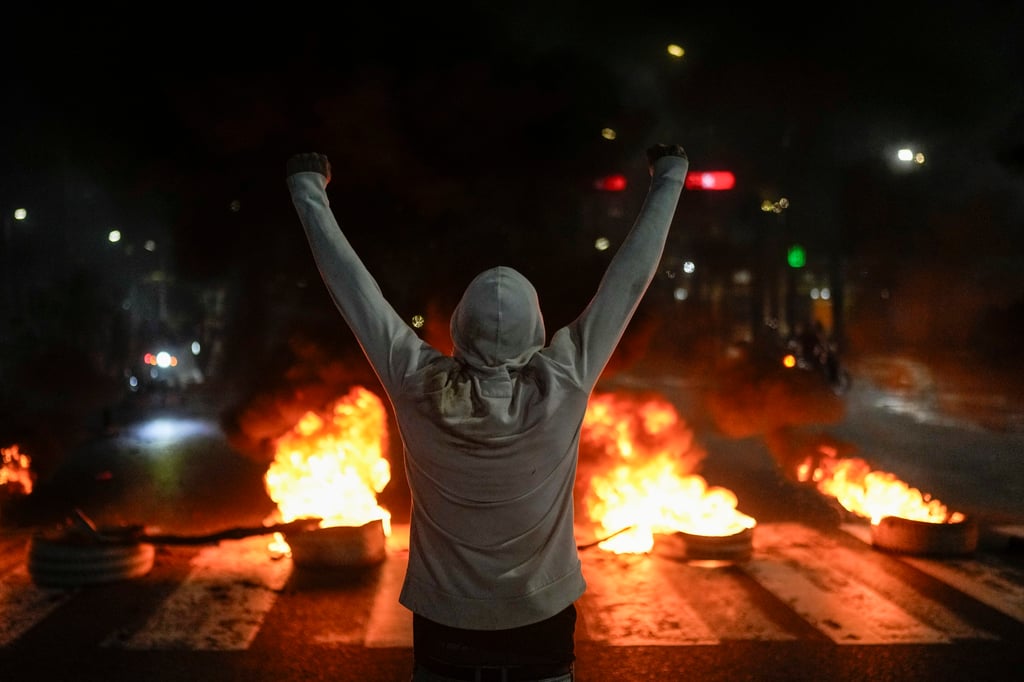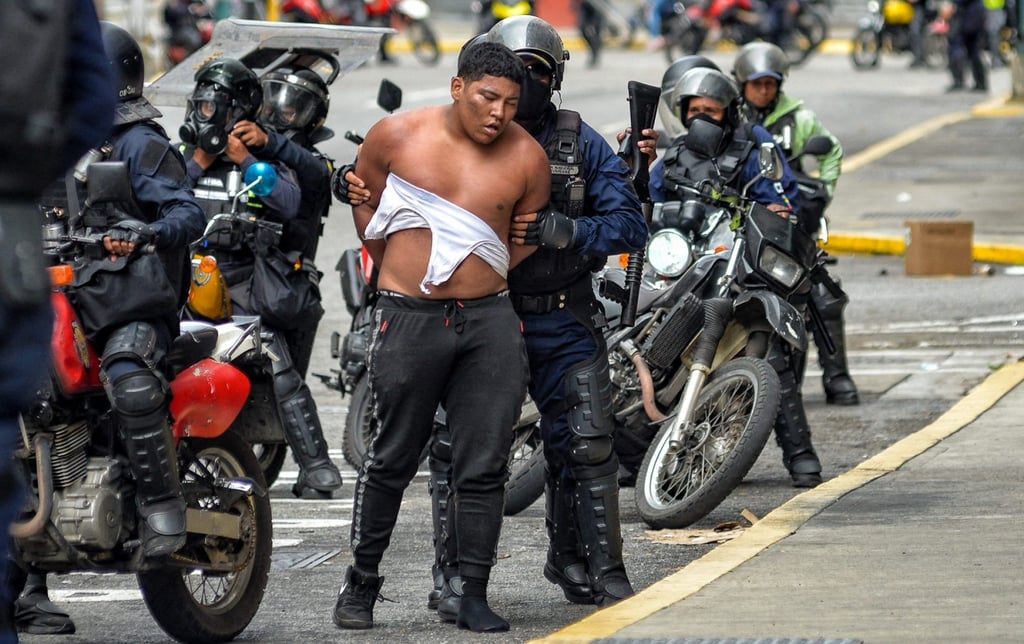Venezuela’s President Maduro asks Supreme Court to audit disputed presidential election
Machado said the tallies show Gonzalez received roughly 6.2 million votes compared with 2.7 million for Maduro. That is widely different from the electoral council’s report that Maduro received 5.1 million votes, against more than 4.4 million for Gonzalez.

“The serious doubts that have arisen around the Venezuelan electoral process can lead its people to a deep violent polarisation with serious consequences of permanent division,” Petro said on Wednesday in a post on social media site X.
“I invite the Venezuelan government to allow the elections to end in peace, allowing a transparent vote count, with the counting of votes, and with the supervision of all the political forces of its country and professional international supervision,” he added.
Petro proposed that Maduro’s government and the opposition reach an agreement “that allows for the maximum respect of the [political] force that has lost the elections”. The agreement, he said, could be submitted to the United Nations Security Council.

“They should have been provided immediately, as in any democratic electoral process,” Josep Borrell said.
The Carter Centre, an independent US-based institution that evaluates elections, said late Tuesday it was unable to verify the results of Venezuela’s presidential election, blaming authorities for a “complete lack of transparency” in declaring Maduro the winner without providing any individual polling tallies.
The group was authorised earlier this year by Venezuela’s electoral authorities to send experts to observe the election. It had 17 experts spread out in four cities on Sunday.
“The electoral authority’s failure to announce disaggregated results by polling station constitutes a serious breach of electoral principles,” the Carter Centre said, adding that the election did not meet international standards and “cannot be considered democratic”.
Within hours of the electoral council announcing on Monday that Maduro had won, thousands of protesters took to the streets of the capital, Caracas, and other cities. The protests, which continued into Tuesday, turned violent at times, and police responded with tear gas and gun pellets.
The Organisation of American States was set to gather on Wednesday to discuss Venezuela’s election.

Meanwhile, a former US Green Beret who in 2020 organised a failed cross-border raid of Venezuelan army deserters to remove Maduro has been arrested in New York on federal arms smuggling charges.
A federal indictment unsealed this week in Tampa, Florida, accuses Jordan Goudreau and a Venezuelan partner, Yacsy Alvarez, of violating US arms control laws when they allegedly assembled and sent to Colombia AR-styled weapons, ammo, night-vision goggles and other defence equipment requiring a US export licence.
Goudreau, a three-time Bronze Star recipient for bravery in Iraq and Afghanistan, catapulted to fame in 2020 when he claimed responsibility for an amphibious raid by a ragtag group of soldiers that had trained in clandestine camps in neighbouring Colombia. He said he and others were acting to protect Venezuela’s democracy after Maduro’s 2018 re-election was boycotted by the opposition and condemned as undemocratic by the US and dozens of other countries.

Prosecutors in their 22-page indictment documented the ill-fated plot, citing text messages between the defendants about their effort to buy military-related equipment and export it to Colombia, and tracing a web of money transfers, international flights and large-scale purchases.
One November 2019 message from Goudreau to an equipment distributor said: “Here is the list bro.” It included AR-15 rifles, night vision devices and ballistic helmets, prosecutors said.
“We def need our guns,” Goudreau wrote in one text message, according to the indictment.
In another message, prosecutors said, Alvarez asked Goudreau if she would be “taking things” with her on a coming flight from the US to Colombia.
Earlier this year, another Goudreau partner in the would-be coup, Cliver Alcala, a retired three-star Venezuelan army general, was sentenced in Manhattan federal court to more than two decades for providing weapons to drug-funded rebels.
Goudreau attended the court proceedings but refused then and on other occasions to speak to journalists about his role in the attempted coup.